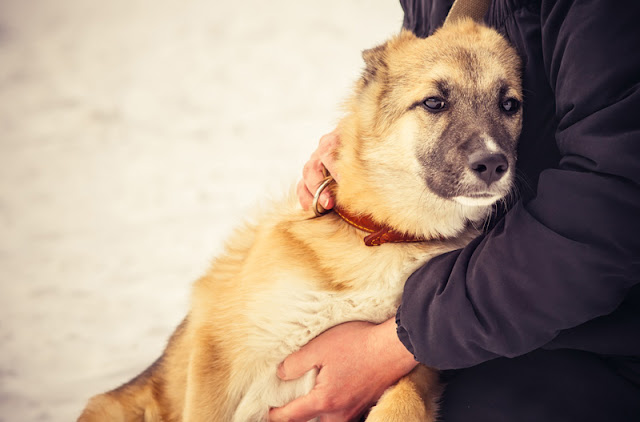How Does a Dog's Brain Respond to the Smell of a Familiar Human?

And what does it tell us about the importance of people to their dogs? Photo: hitmanphoto / Shutterstock By Zazie Todd, PhD This page contains affiliate links which means I may earn a commission on qualifying purchases at no cost to you. New fMRI research by Gregory Berns et al (in press) shows that dog’s brains respond differently to the smell of a familiar human compared to an unfamiliar human and other canines – suggesting that certain people are special to their dogs . The research focussed on a part of the brain called the caudate, which has been much investigated in humans, monkeys and rats. The scientists explain that “caudate activity is correlated with salient, usually rewarding signals that cause the animal to change its behavioural orientation to approach or consume the stimulus.” Previous research by the team showed that this part of the brain lights up when the dog is given a hand signal that means it will be given a treat, confirming that caudate activatio...




